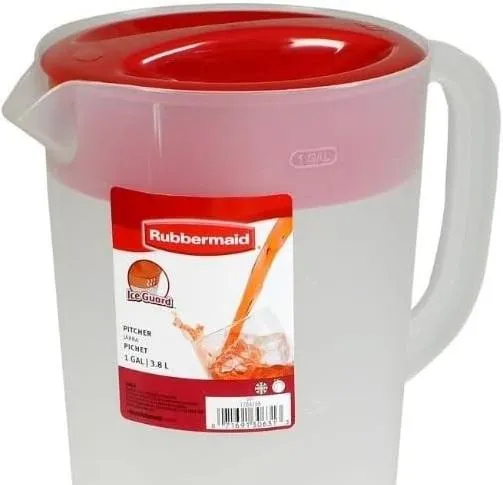Articles

What Type of Container Should I Use for Storing Colloidal Silver?
One typically uses glass or plastic -- but not just any type of plastic.
For plastics, you want to stick to hard clear plastic like PET/PETE (Polyethylene Terephthalate). Just like the kind you find soda in. This plastic is very inert to CS. After all it can also store acidic liquids with a pH as low as 2.5 and not react.
Do not use high-density polyethylene (HDPE) which is the type of plastic that you find milk or even distilled water sometimes in. This kind of plastic is milky white in appearance and can leach into the CS solution over time.
Why even bother to use plastic over glass?
Glass naturally has negative charges on its surface. However, the surface charge density is low.
When a glass surface comes into contact with water, ionization occurs in the surface chemical group. This leaves the chemical group with negative charges.
Glass is an insulator, which means it can hold a static electric charge but cannot conduct it.
This means that Silver Ions (Ag+) will be readily attracted to glass because of the low level negative charge.
Then Ag+ while in proximity of the glass will pickup a spare electron and turn into Ag and stick (plate out) on the glass. This process can be slow but will eventually turn your glass colors and leave less silver in your stored solution.
In general, plastics are positively charged. For the most part the positive charged plastic container will repel the Ag+ ions so nothing builds up and your CS solution doesn't loose strength.
In the end go with what you like the most.
Blessings
Our Mission
Elevate Your Wellness Journey and Take Control with Your Very Own Colloidal Silver.
Copyright© 2025 TechHolistix™ / Silver4Health™ | Privacy Policy | Terms & Conditions
DISCLAIMER: This website, including products, articles, and educational content is not intended to diagnose, cure, or prevent any disease. The information contained on this website is for general educational purposes only. This website does not provide medical advice.

